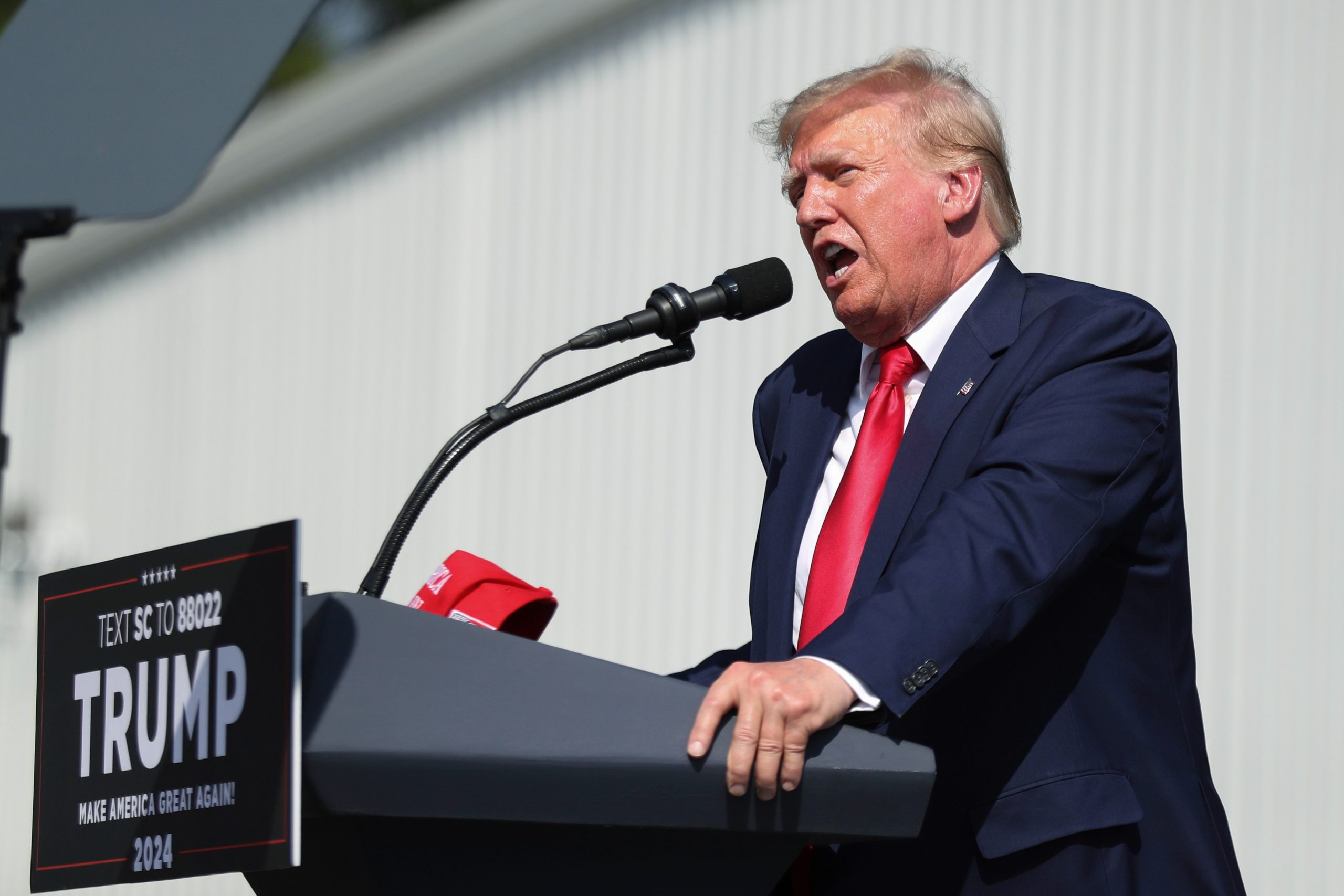On Monday, the Supreme Court’s decision to restore Donald Trump to the 2024 presidential primary ballots marked a significant moment in the ongoing legal and political saga surrounding the former president.
The ruling, which came just a day before the Super Tuesday primaries, addressed whether states have the authority to exclude presidential candidates due to events such as the Capitol riot.
The case centered on Colorado’s attempt to ban Trump from its primary ballot based on the state’s interpretation of a post-Civil War constitutional provision. Colorado courts had found that Trump’s actions surrounding the Capitol riot constituted insurrection, leading to his exclusion from the ballot.

However, the Supreme Court’s unanimous decision rejected this interpretation, emphasizing that the power to determine ballot eligibility ultimately lies with Congress.
In an unsigned opinion, the justices focused solely on the legal aspects of the case, avoiding any judgment on whether Trump’s conduct amounted to insurrection.
Instead, they clarified the constitutional framework governing presidential elections and underscored the importance of congressional authority in this regard.
Trump quickly reacted to the decision, taking to his social media network to declare it a “BIG WIN FOR AMERICA!!!” He also expressed his satisfaction with the outcome in an interview on a conservative radio program, highlighting the significance of being reinstated on the primary ballots.
The ruling has broader implications than Trump’s candidacy. It reaffirms Congress’s role in overseeing presidential elections and sets a precedent for future cases involving ballot eligibility.
The decision’s timing, just before Super Tuesday, adds a new dimension to the upcoming primaries, potentially reshaping the race’s dynamics.
The court’s decision also raises questions about the broader implications for American democracy. Some observers argue that the ruling reaffirms the principle of electoral accountability, ensuring that voters, rather than state officials, have the final say in determining the eligibility of presidential candidates.
However, others raise concerns about the potential for abuse of power by candidates who engage in conduct that undermines democratic norms.
The case has sparked debate over the balance between protecting the integrity of elections and safeguarding the rights of candidates to participate in the political process.
The Supreme Court’s decision represents a significant moment in American political history, with far-reaching implications for the 2024 presidential election and beyond.
As the primary season unfolds, the ruling will likely shape the narrative and dynamics of the race, highlighting the complex interplay between legal principles, political dynamics, and democratic values.


